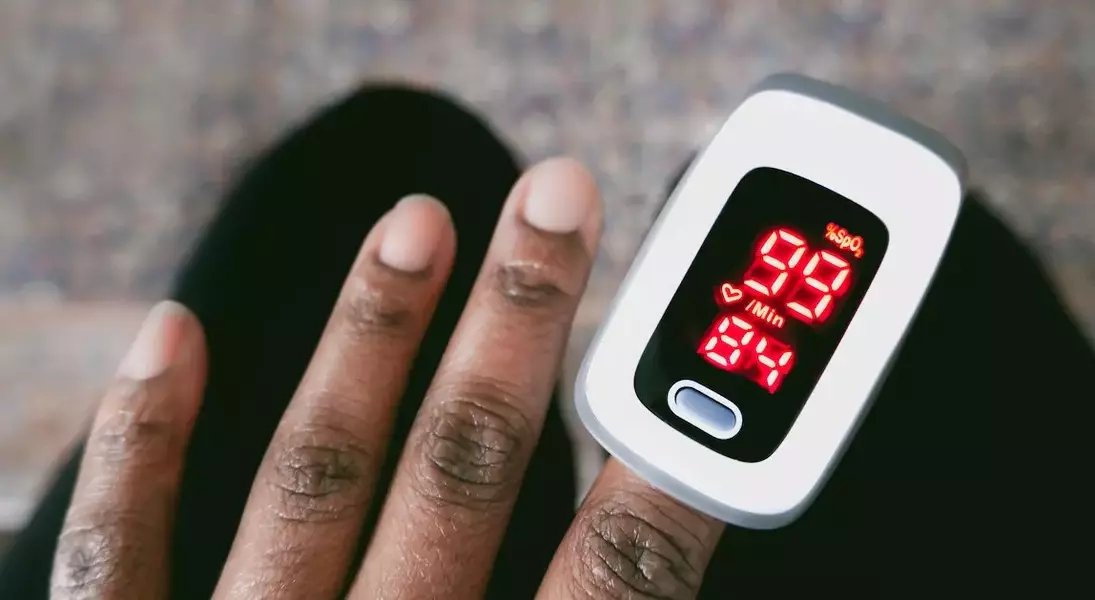
The U.S. Food and Drug Administration (FDA) is inviting public feedback on new guidelines aimed at enhancing the performance testing of pulse oximeters used in medical settings. These devices measure oxygen levels in arterial blood and pulse rate. The initiative comes in response to growing concerns about the accuracy of these devices, particularly for individuals with darker skin tones. During the COVID-19 pandemic, evidence emerged that pulse oximeters might not provide reliable readings for this demographic. In 2023, the FDA issued a warning regarding potential inaccuracies and held public meetings to reassess existing guidance. The proposed update emphasizes the collection of real-world and laboratory data to evaluate device performance across various skin pigmentation levels.
Enhanced Testing Protocols for Medical Pulse Oximeters
In the golden hues of autumn, the FDA has taken a significant step towards ensuring the reliability of pulse oximeters used in healthcare facilities. The agency has introduced new recommendations for nonclinical and clinical performance testing to support premarket submissions. This move follows the discovery during the pandemic that pulse oximeters may deliver less accurate readings for people with darker skin pigmentation. Recognizing this issue, the FDA convened public meetings in 2023 to reevaluate its guidelines. The updated proposal calls for rigorous testing protocols, both in real-world and controlled environments, to assess device accuracy across all skin tones using subjective and objective methods. This guidance applies specifically to pulse oximeters intended for medical use in hospitals and clinics. Manufacturers are encouraged to submit updated labeling reflecting comparable performance without necessitating hardware or software changes, which will undergo expedited review within 30 days. Importantly, this update does not affect general wellness or sporting/aviation products.
The implications of this development extend beyond regulatory compliance. Research from the New England Journal of Medicine highlighted that Black patients were three times more likely to experience occult hypoxemia compared to white patients. Institutions like Johns Hopkins School of Medicine have criticized the FDA's handling of its 510(k) review process for these devices. In response, the FDA has been engaging stakeholders and gathering input from clinical researchers to inform the update. The American Heart Association notes that heart disease death rates are highest among Black Americans, underscoring the importance of addressing racial biases in medical technology. Medtronic, a leading player in the pulse oximeter market, has committed to improving clinical study diversity and educating providers on proper device use. Roots Community Health Center in Oakland, California, has also highlighted systemic racism's impact on healthcare outcomes, emphasizing the need for safer and more accurate medical devices.
This draft guidance reflects the FDA's commitment to fostering high-quality, safe, and effective medical devices. Dr. Michelle Tarver, FDA’s CDRH director, emphasized that the recommendations are grounded in the best available science to address disparities in pulse oximeter performance based on skin pigmentation.
From a reader's perspective, this initiative signals a crucial advancement in healthcare equity. Ensuring that medical devices perform accurately across all patient demographics is vital for delivering reliable and fair healthcare. The FDA's proactive approach sets a positive precedent for addressing and mitigating biases in medical technology, ultimately benefiting patient safety and health outcomes.
